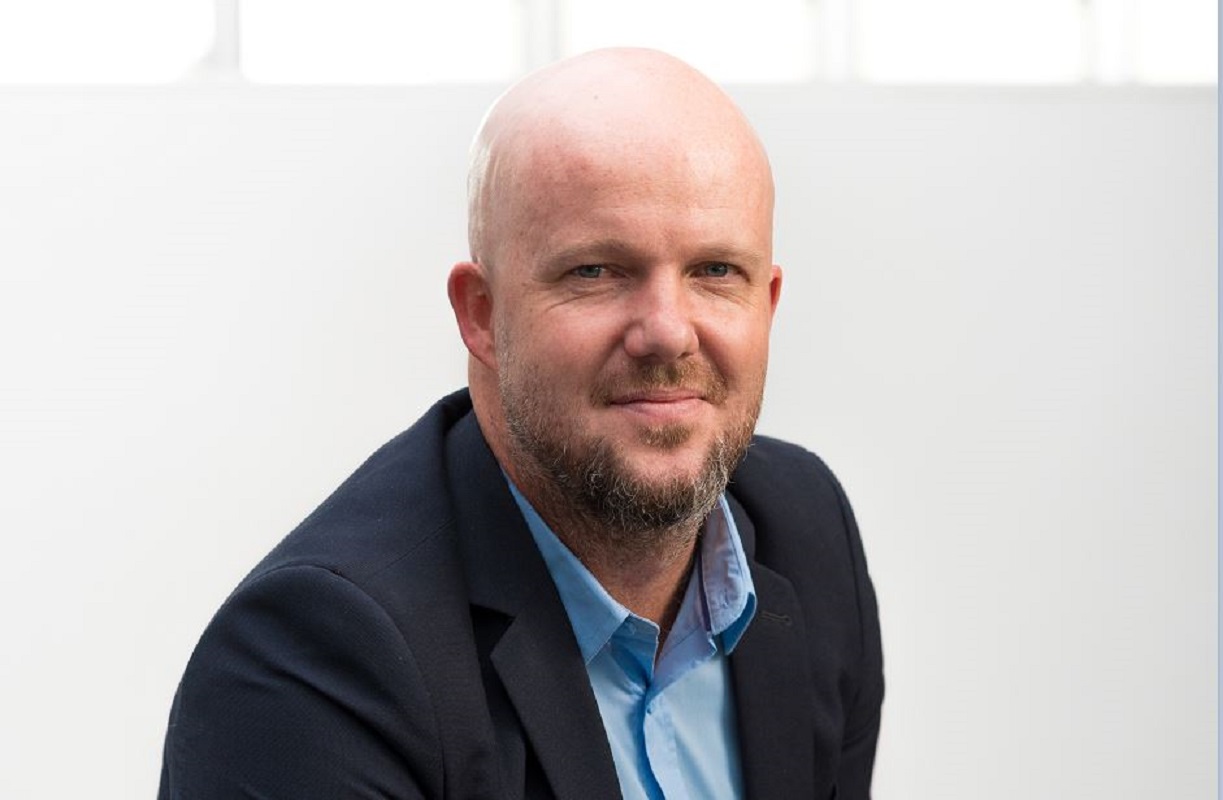
FiT took a moment to delve into the world of Zac Rogers, Research Lead at the newly launched Jeff Bleich Centre.
What made you decide to work in the research field?
Research, and the constant learning it cultivates, is my passion. My deep interest in the subject matter in my field means I consider the capacity to forge a career in research a privilege.
What is your current research about?
I’m currently Research Lead at the newly established Jeff Bleich Centre for the US Alliance in Digital Technology, Security and Governance here at Flinders.
My research exists at the intersection of national security, intelligence and defence with the burgeoning study of social cybersecurity, digital anthropology and democratic resilience.
I’m also a lead researcher in a three-year defence/academic collaborative project exploring the impact of digital transformation from infrastructure to the human/computer interface on Australia’s internal and external security, national interests, defence planning and strategy.
How will your work benefit the wider community?
Individuals, communities, corporations and governments are becoming increasingly aware of the importance of understanding the implications of the digital age in a whole-of-society context. When technological change moves so rapidly, often the legislative, regulatory, educational and normative societal response lags behind. As the gap widens, it is people and communities that feel dis-empowered and bewildered, and as this continues we find a range of threats to the fabric of democracy emerge.
No matter what it is, technological and economic development exist to improve the lives of human beings, not the other way around. The foundation of open society is trust, and the restoration and reinforcement of that trust should be the underlying strategic goal as we navigate a very uncertain and perilous future. Technology must be made to work toward these ends otherwise we lose sight of its fundamental purpose.
What has been your proudest moment as a researcher?
The successful completion of a PhD would have to be the achievement I’m most proud of. A close second for an early career researcher must be peer-reviewed publications. My colleague Dr Emily Bienvenue and I are published in US military journal Joint Forces Quarterly this winter. My colleague and mentor Dr Maryanne Kelton and I have published a book chapter on Obama’s legacy in the Asia-Pacific together. Maryanne, Emily, Dr Michael Sullivan and I are published in International Affairs this winter, and I have a long list of online publications across various platforms, including War On The Rocks, The Strategy Bridge, The Interpreter, and The Cove, communicating with a wider audience where I have also collaborated with colleagues such as Sian Troath.
An article I wrote for Australian Quarterly Magazine, which was first suggested to me as a publishing outlet by Professor Tara Brabazon, is featured on the front cover of the 2019 July/September edition.
All these have been immensely satisfying achievements.
In May this year, alongside colleagues, I attended the 12th Annual Strategic Multi-layer Assessment conference at Joint Base Andrews in Maryland, United States. The theme this year was ‘The Evolving Anatomy of Conflict in a Dynamically Changing World’ and was an unforgettable experience to say the least.
An absolute highlight is the recent launch of the Jeff Bleich Centre, thanks to the vision and leadership of Professor Don Debats and Dr Maryanne Kelton, which opens up a whole new and exciting avenue of opportunity not only for myself but right across the University.
What has been your most challenging moment as a researcher?
I think a PhD is the ultimate challenge. It tests resolve, self-belief, and resilience like very few other undertakings in life.
What does a normal day look like for you?
I have the privilege of a great deal of flexibility and mobility. Normally I can be found in my office working on research. I’m also fortunate enough to be surrounded by a brilliant cohort of colleagues whom I have the privilege of engaging with on a regular basis.
If there is one piece of advice you could impart on future researchers and university students, what would it be?
For students I think the aim of a University education should be the cultivation of a life-long passion for learning. Not only because this equips people with the capacity to formulate purpose and meaning in their own lives, but also because the future of open society in the digital age depends on the capacity of people to inoculate themselves and their families against manipulation and exploitation.
For researchers, especially nearing the end of a PhD or other degree, a huge benefit to me was finding ways to engage in the discourse of your field.
While you are climbing the peer-reviewed publication mountain, which can be daunting, engaging with more informal channels will not only help improve your writing and communication skills and build your profile, it will also boost your morale and give you more confidence in pursuing academic publication, dealing with editors and so forth. Nobody understands your research better than you, but nobody is going to give you a gold pass to have your voice heard. It’s up to you to forge your own path and to influence the discourse.

